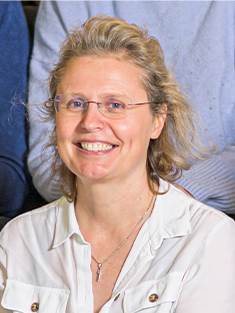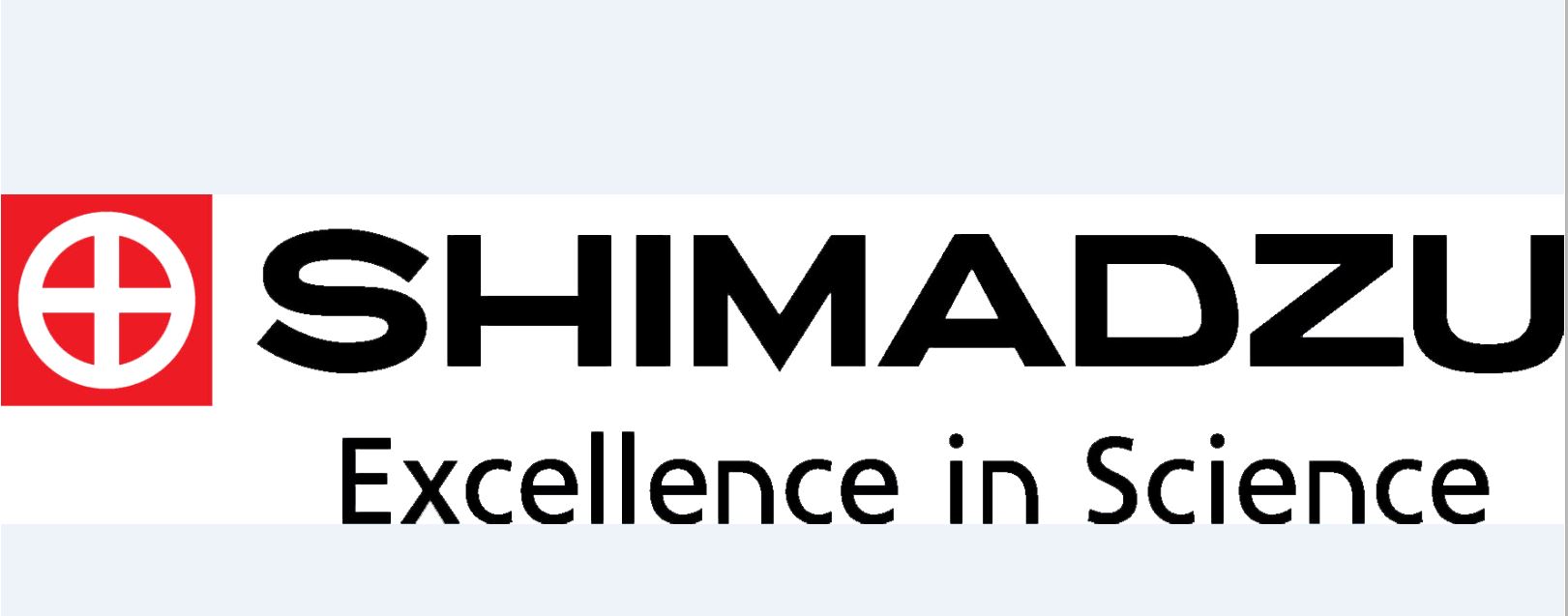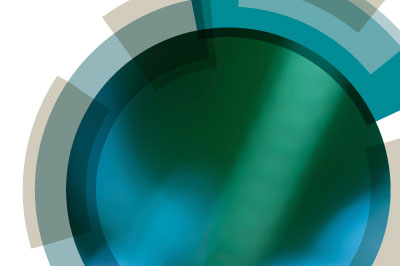 Tony Bristow, Chemical Development, AstraZeneca, Macclesfield, United Kingdom
Tony Bristow, Chemical Development, AstraZeneca, Macclesfield, United Kingdom
Tony Bristow is Principal Scientist for Analytical and Measurement Science and Director for Trace Analysis in Chemical Development at AstraZeneca (Macclesfield, UK). In addition, Tony holds the role of technology and capability lead for the Analytical Sciences Leadership Team, within AstraZeneca’s Pharmaceutical Technology & Development organisation. These roles are focussed on the development and delivery of analytical science strategy and currently has a focus on the implementation and application of automation and digital technologies. Prior to this current role, Tony’s expertise was the application and development of mass spectrometry (2005 - 2018). Tony is the Chair of the Industry Advisory Board of the Community for Analytical Measurement Science (CAMS) and a Visiting Professor at the University of Warwick. Tony is a former member of the Royal Society of Chemistry Analytical Division Council (2013-2019) and the former Chair of the British Mass Spectrometry Society (2012-2014). Tony was awarded a degree in Applied Chemistry in 1992 and his PhD (mass spectrometry) in 1996. Tony previously worked for Kodak and LGC focussed on a variety of analytical science based projects. Tony is an author/co-author of 47 peer reviewed publications and regularly presents at national and international conferences.
Talk title: Data Analytics and the interface with Automation - The Lights Out Analytical Science Laboratory
 Azzedine Dabo, GSK, United Kingdom
Azzedine Dabo, GSK, United Kingdom
I am currently part of GSK’s Method Innovation Team based in Stevenage UK with area of interest in in-silico modelling, quality by design (QbD) method development, using AI/ML for HPLC method development and the transfer of analytical methods and results between chromatography instruments.
I have been awarded the GSK EMBRACE Rising 2022 Award and GSK Ahead Together/CEO Award 2022.
Talk title: Evaluation of Our Chromatography Platforms from Method Development to Method Transfer
 Julie MacPherson, University of Warwick, United Kingdom
Julie MacPherson, University of Warwick, United Kingdom
Professor Macpherson’s work focuses on the use of carbon-based materials in electrochemical systems for a variety of applications, including environmental monitoring and electrochemical energy storage. One of the key materials being used is lab-grown boron-doped diamond (BDD), an electrochemically active form of diamond.
Due to its unique and wide-ranging properties, BDD is finding use as a robust sensor for determining the health status of rivers and seas. BDD is also capable of generating highly oxidising species which can be used to fight viruses and bacteria as well as clean up waste water systems. The non-corrosive nature of the material also means it can act as a possible carbon replacement for corrosion susceptible graphite type materials in fuel cells.
 Robert Weatherup, University of Oxford, United Kingdom
Robert Weatherup, University of Oxford, United Kingdom
Rob Weatherup is Associate Professor in the Department of Materials at the University of Oxford, where he leads a group of 20 researchers working on materials for energy storage and conversion. He started his research group as a Diamond-Manchester fellow (2018–2019) based at Diamond Light Source and took up his current position at Oxford in October 2019. His group aims to understand the reactions occurring at the interfaces between these materials and their operating environment in areas including Li-ion batteries, electrochemical hydrogen production, and carbon dioxide conversion. He is a CAMS-UK Fellow, a Visiting Scientist at Diamond Light Source, and the Research Area Lead for Electrochemical Systems within the Royce Institute, the UK’s national institute for advanced materials research and innovation. He currently holds an ERC starting grant and UKRI future leaders fellowship, through which he is developing new methods to probe electrochemical and catalytic interfaces in action using X-ray techniques.
Talk title: Observing Reactions at Electrochemical and Catalytic Interfaces with Operando X-ray Spectroscopies
Melissa Hanna-Brown, University College Cork, Ireland
I am a passionate and visionary pharmaceutical analysis leader and Separation Science expert. My career profile is rather unique as it has combined both academic (separation / analytical science research and teaching) and industrial experience (most recently Pfizer as global Analytical Technology and External Strategic Innovation Lead). This has helped me to develop leading edge understanding of trends in analytical and pharmaceutical science as well as the evolving industrial landscape and opportunities. I have been honoured to have been named in the 2016, 2017, 2018, 2021 Analytical Science Power Lists and 2018 Top 30 Women Leaders in European Healthcare (Pharmaceutical Market Europe). I am motivated by learning and enjoy catalysing impactful analytical innovation partnerships including the successful and growing Community for Analytical Science (CAMS) in the UK and Ireland (which has launched over 40 projects including academic chairs, lectureships, postdoctoral fellowships and PhD research projects). My leadership style includes a strong focus on being a champion for inclusion and diversity and using my extensive networks for continuous learning and leveraging impactful innovation projects. Most recently I re-joined academia in Ireland at UCC as the Futures Pharmaceuticals Professor of Analytical Chemistry.
 Kemi Oloyede, Imperial College London, United Kingdom
Kemi Oloyede, Imperial College London, United Kingdom
Kemi Oloyede (they/them) is a third year PhD student in Clinical Medicine Research (Public Health) in the Emerging Chemical Contaminants team at Imperial College London. They work as a freelance illustrator, having illustrated front covers for science research journals such as Analytical Chemistry and Environmental Science & Technology.
 Claire White, Selden Research Ltd., United Kingdom
Claire White, Selden Research Ltd., United Kingdom
Ms Claire White is an Analytical Chemist, Product Development Chemist and GLP Study Director at Selden Research Ltd, a company that manufactures cleaning chemicals for the professional sector. Claire developed her first analytical method at the age of 16 during a Nuffield Research Placement at Bristol Myers Squibb and then continued to work each summer in the QC department. In 2008, she graduated with a Clinical Science degree and began full time work as a lab technician in the QC department at Selden Research. After particularly enjoying participating in research and development, she was promoted to Development Chemist developing a wide array of formulations including washing up detergent, laundry detergent, floor cleaners and bathroom cleaners. During this time, Claire became a member of the RSC and gained Registered Scientist accreditation. In 2018, she began work on producing a GLP accredited analytical laboratory for Selden Research which was subsequently approved by the MHRA in 2022. Claire achieved the title of Chartered Chemist in 2023 in and is an elected member of the Royal Society of Chemistry Analytical Science Community Council. Claire is a keen STEM Ambassador and has mentored several students through the Nuffield Research Placement programme.























